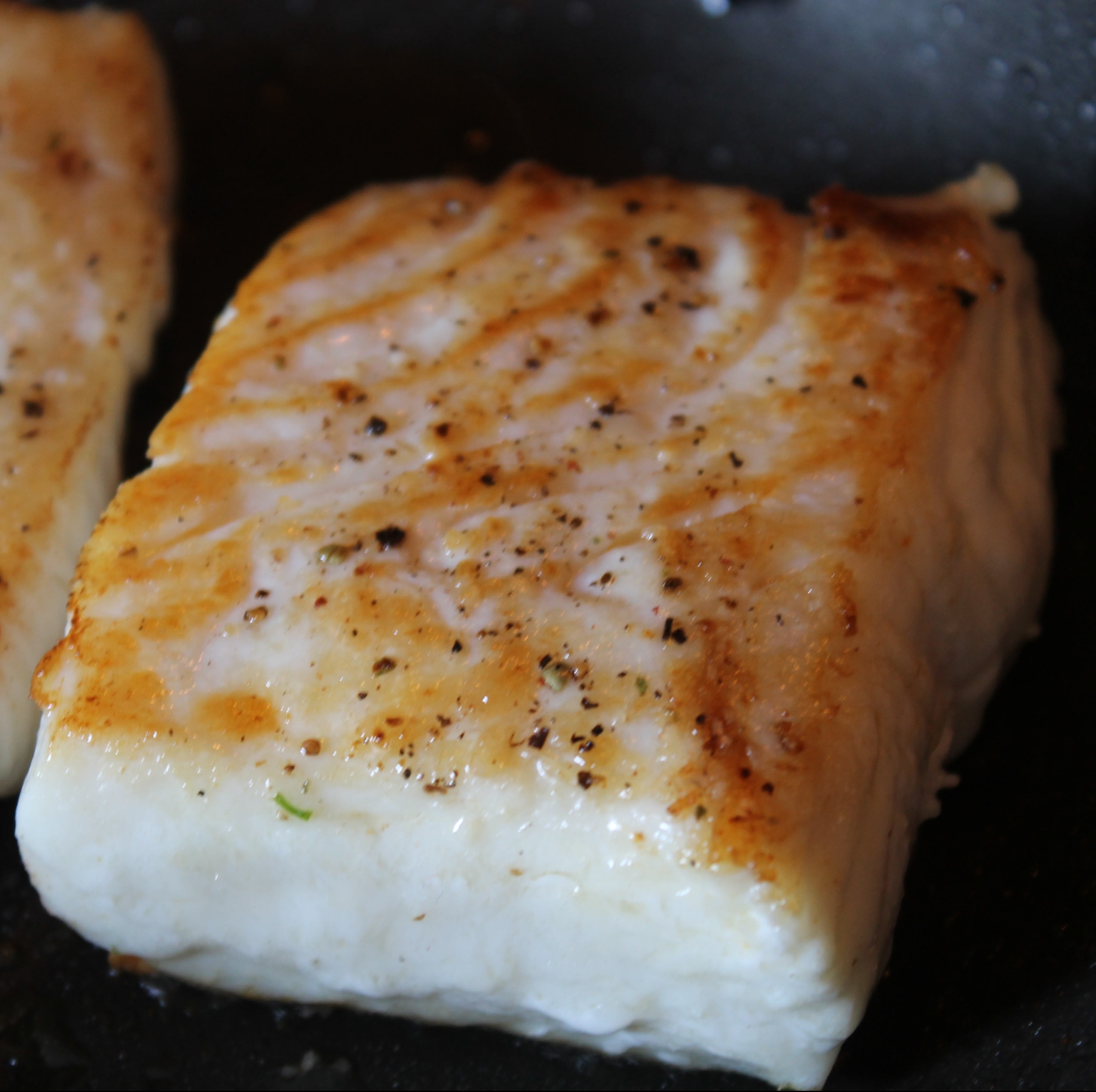
When the weather warms up, it’s only natural that most of us want to relax and feel like we’re on vacation, whether we are out of town or at home. This is the time to shake loose from usual cooking routines and take it easy. For entertaining, there is no need to follow a rigid plan and design multi-course menus. Prepare a light fish dish and accompany it with good crusty bread or rice pilaf, simply cooked seasonal vegetables and chilled white wine. Begin the dinner with a colorful salad, then follow the main course with fresh fruit and ice cream, and you will have the type of meal that is welcome during this season.
Fish seems to have been designed for warm weather cooking. Since fish is naturally tender, it requires only brief cooking so it remains moist and retains its natural flavor. This makes fish ideal for summer meals; in the few minutes required to cook it, the kitchen does not heat up. Fish is a fine partner for the wonderful vegetables and herbs that glorify the markets in the summer months. In addition, fish has a lower fat content than meat and fits in perfectly with programs for lighter eating.
Buy fresh fish at most one day before cooking it. Even a fine chef cannot prepare a delicious dish from fish that has lost its freshness.
Ask the person at the fish counter how to prepare the fish you are purchasing, and chances are the recommendation will be to grill it. Fish can be delicious when grilled, and this popular cooking technique is especially suited to summer. Yet there are additional ways to cook fish that are equally pleasing. Poaching keeps the fish’s flesh moist and produces a flavorful liquid as well, that can be used to make a sauce. Steaming also produces moist, light fish dishes. Sautéing is as quick as grilling and gives the fish a tasty crust.
The most important rule for obtaining good results is to cook fish carefully so it is not overcooked. It’s easy to tell when thin fillets are done: their appearance changes from translucent to opaque, so they no longer have a raw color. For whole fish and thick pieces, insert a thin skewer or cake tester into the thickest part of its flesh; if the skewer comes out hot to the touch, the fish is done.
When planning dinners in which the fish will be served hot, try to cook the fish last. If the fish must be kept warm for a few minutes before being served, drain it of any liquid that escapes onto the platter before adding a sauce or vegetable.
Although properly cooked fish tastes good alone, fish becomes especially festive when enhanced by a sauce. For warm weather fish recipes, light flourless sauces, many of which require no cooking, are best. Try the quick, fragrant pareve pistou sauce below with grilled salmon or trout as an alternative to poached sea bass.
Experiment with marinating, a valuable technique for adding flavor and moistness to fish before cooking, by letting any fish sit briefly in seasoned olive oil before you grill it. Fish to be poached can first marinate in wine with fresh herbs, as in Sea Bass with Pistou Sauce.
Fish dishes made with olive oil rather than butter or cream are not only healthier, but also give you more flexibility in serving. Such olive oil-enriched entrees are good either hot or at room temperature; there is no need to worry about keeping the fish warm and risking that it will overcook.
In classic European cuisine, fish was often served without a vegetable accompaniment or with potatoes only. Although fish and potatoes make a fine match, many other cooked vegetables, such as tomatoes, peppers, eggplant, green beans, fresh corn and zucchini, add color, texture and excitement to all sorts of fish dishes. Pasta and rice are good complements for fish, especially when it is served with a savory sauce, like the one in the recipe for Halibut with Leeks and Olives below.
Faye Levy is the author of Healthy Cooking for the Jewish Home (Morrow), 1,000 Jewish Recipes (Wiley) and Jewish Cooking For Dummies (Wiley).
The words of this author reflect his/her own opinions and do not necessarily represent the official position of the Orthodox Union.

